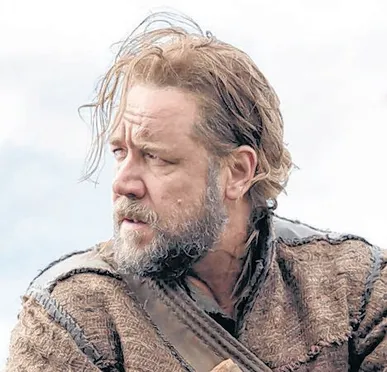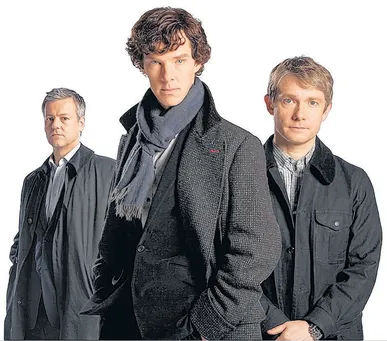
Crossing the Culture
Popcorn piety
2013 ended with the successful TV series The Bible.
Hollywood now looks set to deliver a string of biblical epics over the next few years. Here are the films currently in development that you can expect to see appearing at a cinema near you:

Crossing the Culture
#HeLives
What better way to start
the year than with a new
episode of Sherlock?
Since its first episode back in 2010, the hit
BBC show has established itself as one of the
most successful reinventions of this classic
fictional character. This
is a
resolutely
modern, London-based adaptation: gone are
Conan Doyle’s smog and carriages; in their
place are laptops, mobile phones and Twitter
hashtags. Our crime-solving hero is presented as ‘a new sleuth for the 21st century’, supplementing his trademark methods of logical
deduction with cutting-edge scientific methods and the latest technology. Sherlock is
brilliant, fast, dynamic, dapper and funny.
Yet he’s also arrogant, odd, obsessive and, as
journalist Amanda Mitchison puts it, ‘slightly Aspergers-ish’. He
is able
to make us
laugh, but he’s also part of a world that is
dark and frightening.